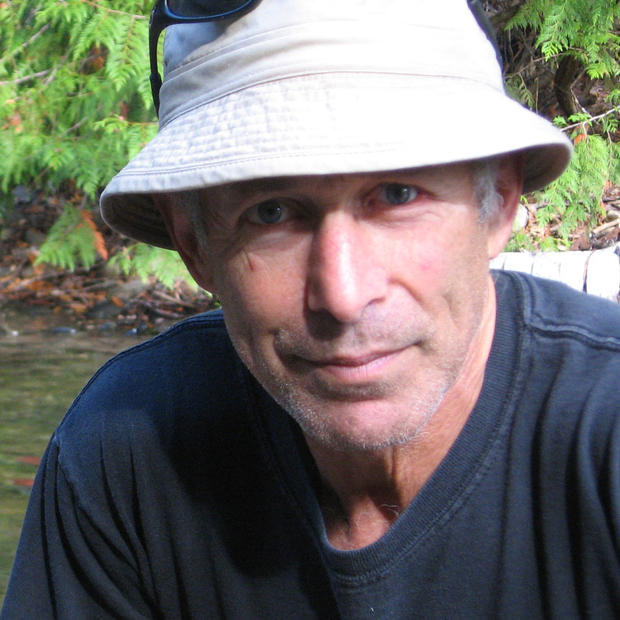'êIt's fun to have a bill that feels like it has momentum,'ê says Brendon Cechovic of Washington Conservation Voters. This is something different from the proposed $1.50-per-barrel oil fee to fund stormwater projects that Cechovic and his colleagues took to Olympia a few weeks back. That would have raised an estimated $120 million per year.
It was probably the enviros' most ambitious effort in this hard-times legislative session. They no longer plan to introduce it. What happened? Cechovic explains that key legislators said this just didn't seem like the year to pass such a bill. So the coalition has come up with an alternative: increase the existing Hazardous Substance Tax that was created by an initiative to the legislature in 1988.
Under the existing law, any of the 8,000-odd toxic substances sold in Washington is subject to a tax on its wholesale value of .7 percent. The tax applies to the 'êfirst possession'ê of a substance within the state. The lion's share of the tax is paid by the petroleum industry, but the cost is borne proportionately by everyone who sells a toxic substance here. A bill that will be introduced next week would bump the tax rate up to 2 percent, raising an estimated $225 million per year. Most of this new money would eventually go to pay for local government stormwater projects. But not yet.
And that is the source of its current political appeal. Twenty percent of the money would go to local stormwater projects right away, but this year and in the next biennium, nearly 70 percent would go into the general fund. Over the next five years, the general fund would get an estimated additional $600 million. In each of years one through three, the general fund would receive $156 million. In years four and five, that would drop to $79.1 million. After that 'ê barring, of course, legislative amendment 'ê the general fund would get zero. Funding for local government stormwater projects would start at $45.2 million per year, grow to $101.7 million and finally, after year five, to $158.3 million. A brand-new clean water account would start at $13.6 million per year and top out at $45.2 million. The state Department of Transportation would get $11.5 million and ultimately $22.6 million a year for its own stormwater projects.
What's not to like 'ê unless you represent an industry that would wind up paying a higher tax (and presumably passing it along)? The legislature gets help filling the budget gap. The cities, counties, and ports that backed the earlier version still get the promise of new dollars to help pay for big projects that they may otherwise have to fund with local taxes. Organized labor still gets the promise of jobs. Environmentalists get the promise of some relief for environmental programs that have taken a beating from budget cut 'ê this would fully fund oil spill prvention programs 'ê and the long-term promise of very serious stormwater funds.
And there are tactical benefits: The petroleum industry can no longer argue that the proposed oil fee is a) really an excise tax in fee's clothing; and b) that tax would be spend illegally, because the state constitution requires it to be spent for roads. (It's bizarre but true: Article II, Section 40 of the Washington constitution says that 'êall excise taxes collected by the State of Washington on the sale, distribution or use of motor vehicle fuel . . . shall be paid into the state treasury and placed in a special fund to be used exclusively for highway purposes.'ê)
Why didn't somebody think of this sooner? Actually, somebody did. Cechovic says that a couple of years ago, the groups that came up with the oil fee idea were thinking origiinally about a hike in the hazardous waste tax. The trouble was that under Initiative 960, the legislature would have needed two-thirds of each house to approve any tax increase. That clearly wasn't going to happen. So they came up with Plan B. This year, now that the constitution will let the legislature suspend 960 with a simple majority and then use the same majority to pass taxes, everyone assumes that tax increases are on the table. So Plan A comes back off the shelf. 'êThis is actually where we started a couple of years ago,'ê Cechovic says.

